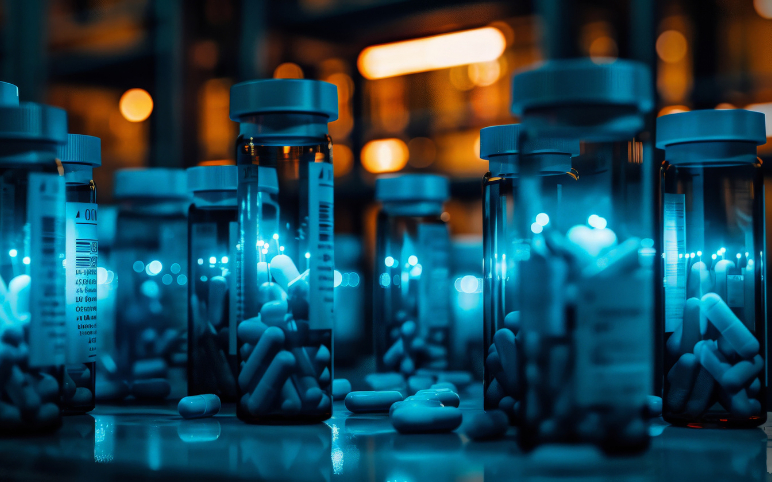FDA permits COVID-19 treatments with blood from survivors
The FDA revealed the convalescent plasma use that is derived from the donated blood of people that have recovered from COVID-19 and that might have beneficial antibodies. It is being used as an investigational treatment for patients with severe cases of the disease.
The method has been used for years for treating infectious diseases, to transmit newly acquired immunity from one person to another. Lately, it has been investigated in the H1N1 swine flu, Ebola, SARS and MERS epidemics and against the novel coronavirus in China too, though it is now unknown how well it will perform.
The FDA apprised that although being promising, convalescent plasma has not been revealed to be beneficial in every disease studied. It is hence become imperative to study via clinical trials, before giving convalescent plasma to the affected patients by COVID-19, that it is safe and practical to do so.
Roche made antibiotics agreement for combating threats beyond COVID-19
Roche, the Swiss major biotech company, is testing a vaccine for the COVID-19 pandemic. The giant has signed a pact worth up to USD 190.5 million with Forge Therapeutics for working on a novel drug. The drug will not only treat viruses but bacteria too, specifically, antibiotic-resistant Gram-negative bacteria, including Pseudomonas aeruginosa that can cause severe lung infections.
The FG-LpxC LUNG program is being developed for the treatment of hospital-based infections, comprising of those mentioned on the Centers of Disease Control and Prevention’s most urgent threats list that usually occurs in those having weakened immune systems and chronic lung diseases.
COVID-19 vaccine of Moderna could reach healthcare workers
Though the COVID-19 vaccine of Moderna is at least a year away from a global rollout, the company may offer the vaccine to a few people that could include healthcare workers.
Moderna CEO Stephane Bancel told that the mRNA vaccine, named as mRNA-1273, is unlikely to be available for at least one-one and half years. However, the vaccine could be given, under emergency use, to some people that are healthcare professionals in the fall of 2020.
The FDA has already utilised its Emergency Use Authorization power to allow the use of unapproved diagnostics for the coronavirus, called ad SARS-CoV-2. The agency has taken the same path as taken for previous outbreaks, letting tests for Zika and Ebola to bypass the typical route for diagnostics to gain approval.
FDA permits Experimental Coronavirus Drug for Rare Disease Treatments
The Food and Drug Administration (FDA) gave an experimental medicine – Remdesivir of Gilead Sciences for treatment of COVID-19, which is given an orphan drug status.
For a drug to qualify for an orphan designation, the pharmaceutical companies ought to show that their product will cure a population of fewer than 200,000 patients or that it would be futile. More than 52,000 COVID-19 cases are confirmed in the US; the disease is under the technical threshold for a rare disease. However, the cases are surging day by day, and it seems unavoidable that they will exceed 200,000.
The decision of agency would offer sufficient incentives to the Gilead Sciences and could maintain low-cost generic versions of the medicine off the market for several years if Remdesivir is recommended for use. The drug, Remdesivir, is an intravenous, antiviral medicine that is being investigated in clinical trials globally as a promising treatment for COVID-19. The FDA apprised that Remdesivir was given orphan status recently because it met the standard criteria for prevalence for designation.
ReCode Therapeutics needs USD 80 Million
Vertex’s Trikafta is benefitting many patients with cystic fibrosis over the years. However, there are some patients with specific mutations for whom the drugs will not work.
Enter ReCode Therapeutics, a development-stage biopharmaceutical company that raised USD 80 million to progress for the treatment of cystic fibrosis and another lung disease, primary ciliary dyskinesia (PCD). PCD is similar to cystic fibrosis that is a group of genetic mutations that causes patients to lack the protein, which makes up cilia- the fingerlike projections in the airways—or to make defective versions of it. When the cilia do not work correctly, the patients are not able to clear mucus usually and so suffer respiratory infections and, eventually, lose lung function.



